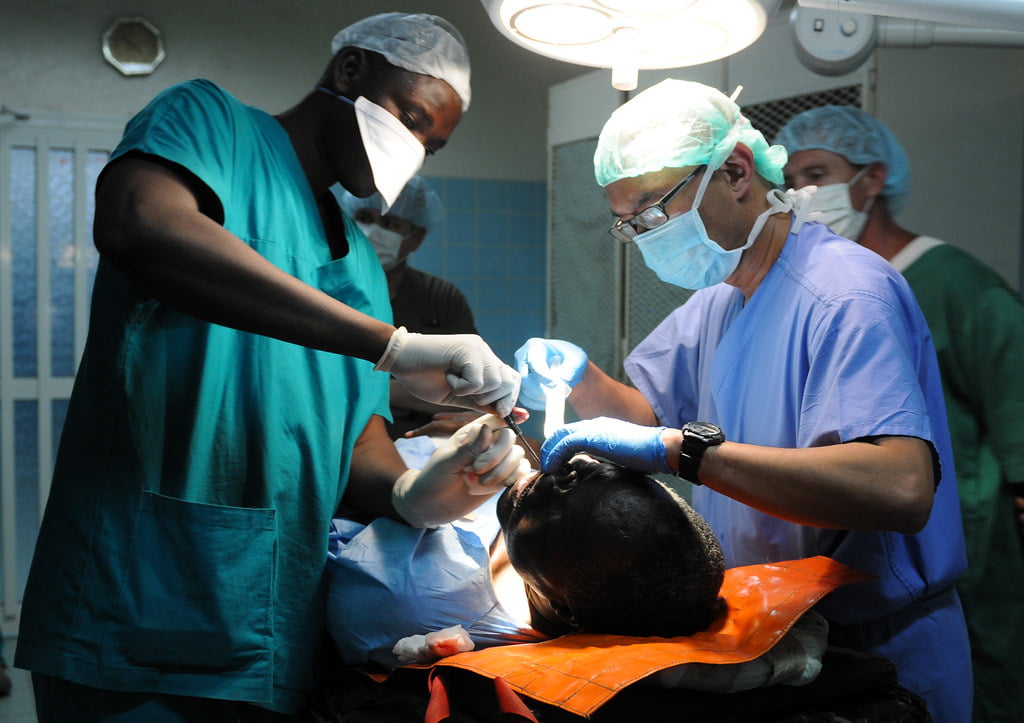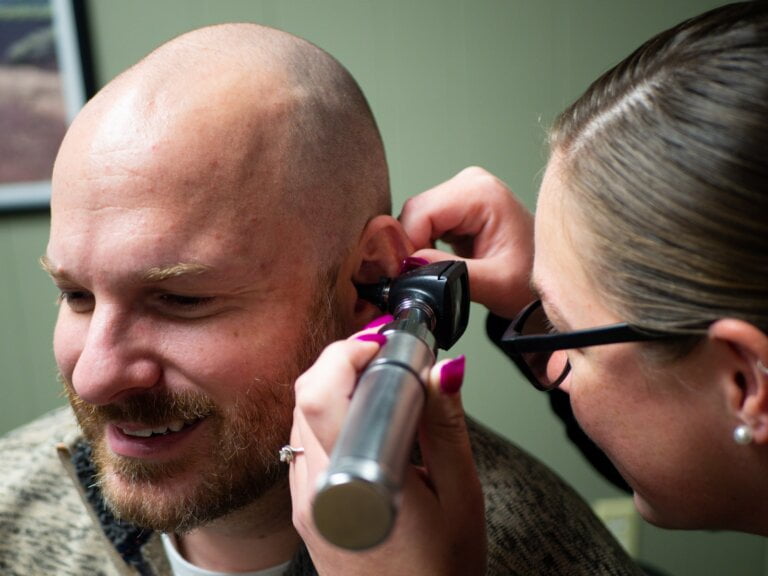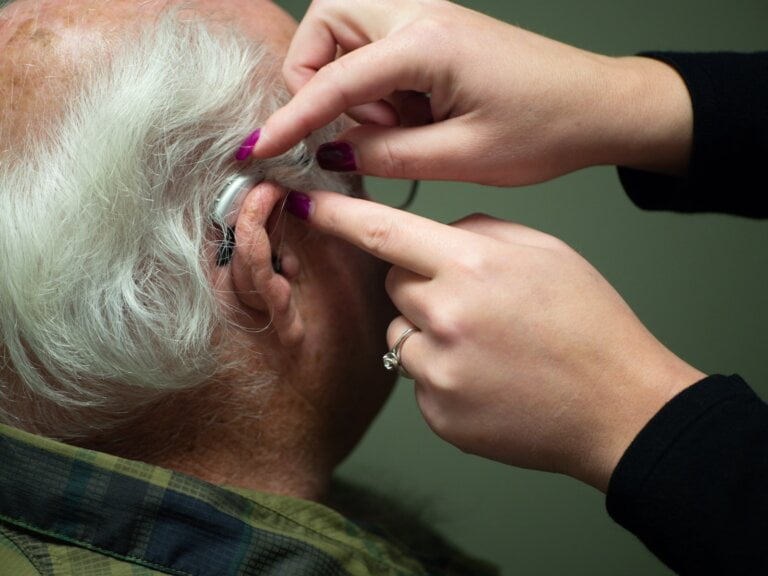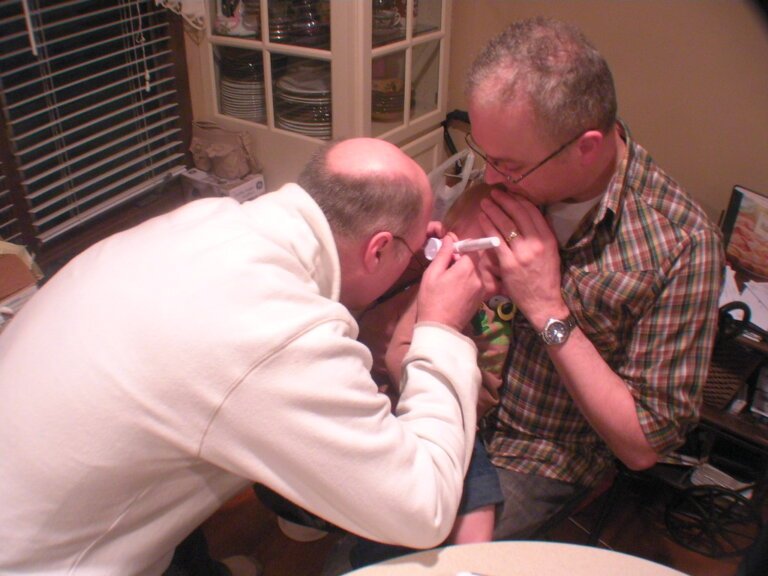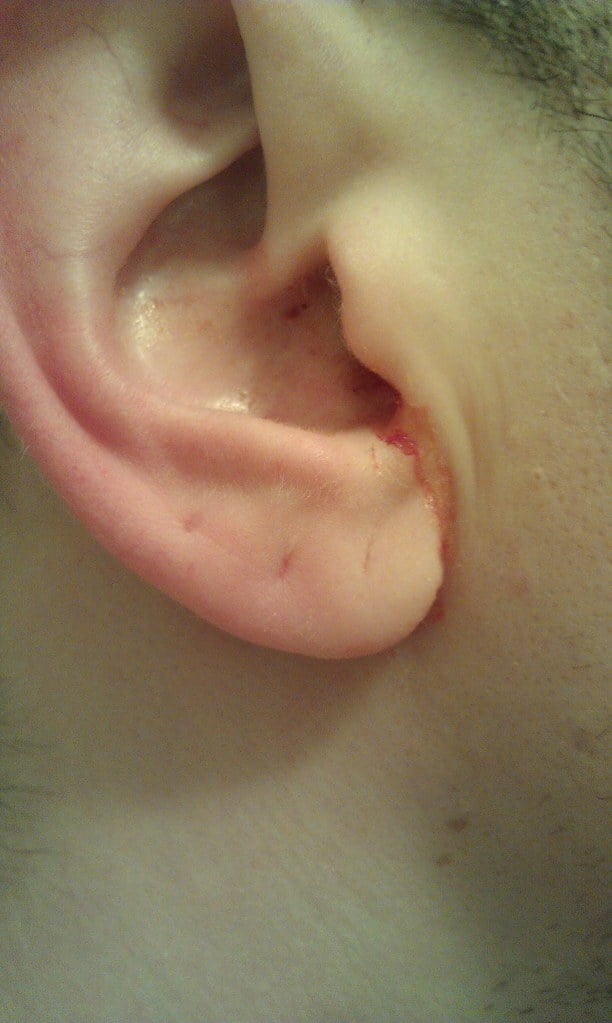Open Doors: A Primer on Entry Level Jobs in Microsuction
Microsuction is a specialized medical procedure that involves the delicate removal of earwax and other debris from the ear canal. The intricacies of this procedure require highly skilled professionals who are trained in the art of microsuction. If you’re interested in pursuing a career in this field, there are various entry-level jobs that can serve as stepping stones to a successful career in microsuction. In this article, we will explore these entry-level positions and provide valuable insights into the requirements and opportunities they offer.
1. Ear Cleaning Assistant
As an ear cleaning assistant, you will have the opportunity to work directly under the supervision of an audiologist or an ear, nose, and throat (ENT) specialist. Your primary responsibility will be to assist in the preparation and support of microsuction procedures. This may include setting up the necessary equipment, sterilizing tools, and ensuring a hygienic environment. Additionally, you will provide support to patients, explaining the procedure, and addressing any concerns they may have.
To excel in this role, it is important to have a strong attention to detail and excellent organizational skills. You will need to be able to follow instructions carefully and ensure that all necessary equipment is properly prepared and ready for use. Interpersonal skills are also crucial, as you will be working closely with patients and need to be able to effectively communicate and reassure them throughout the procedure.
Some key responsibilities of an ear cleaning assistant include:
- Setting up equipment and ensuring it is properly sterilized and ready for use.
- Assisting the audiologist or ENT specialist during microsuction procedures.
- Providing support and reassurance to patients, explaining the procedure and addressing any concerns they may have.
- Maintaining a hygienic and safe environment during the procedure.
2. Audiometric Technician
An audiometric technician plays a crucial role in the assessment and diagnosis of hearing disorders. In this entry-level position, you will have the opportunity to conduct various hearing tests, such as pure-tone audiometry, speech audiometry, and tympanometry. These tests help determine the extent and nature of a patient’s hearing impairment. You will also assist in the maintenance and calibration of audiological equipment, as well as record and analyze test results.
To succeed as an audiometric technician, it is important to have a solid understanding of audiology and the various tests used to assess hearing. You will need to be detail-oriented and able to accurately administer and record test results. Strong analytical and problem-solving skills are also essential, as you may need to troubleshoot equipment issues or interpret complex test results.
Some key responsibilities of an audiometric technician include:
- Conducting various hearing tests, such as pure-tone audiometry, speech audiometry, and tympanometry.
- Assisting in the maintenance and calibration of audiological equipment.
- Recording and analyzing test results, and accurately documenting findings.
- Assisting the audiologist in the diagnosis and treatment planning process.
3. Medical Scribe
Working as a medical scribe provides an excellent opportunity to gain firsthand experience in the field of microsuction. As a scribe, you will have the privilege of accompanying the audiologist or ENT specialist during patient consultations and procedures. Your primary responsibility will be to accurately document medical histories, examination findings, and treatment plans in real-time. This role not only allows you to observe microsuction procedures, but also enhances your understanding of the medical terminology and procedures involved.
To excel as a medical scribe, strong attention to detail and excellent writing skills are essential. You will need to be able to accurately and efficiently document information, ensuring that all important details are captured. Additionally, you will need to have a solid understanding of medical terminology and be able to quickly adapt to different specialties and procedures.
Some key responsibilities of a medical scribe include:
- Accurately documenting medical histories, examination findings, and treatment plans in real-time.
- Ensuring all relevant information is captured and properly recorded.
- Adapting to different specialties and procedures, and effectively communicating with healthcare professionals.
- Maintaining patient confidentiality and adhering to HIPAA regulations.
4. Hearing Aid Technician
Hearing aid technicians play a vital role in assisting individuals with hearing loss. In this entry-level position, you will be responsible for fitting, adjusting, and repairing hearing aids. You will work closely with audiologists to ensure the proper selection and programming of hearing aids based on individual needs. Moreover, you will educate patients on how to use and maintain their hearing aids effectively.
To succeed as a hearing aid technician, it is important to have a strong technical aptitude and good manual dexterity. You will need to be able to accurately fit and adjust hearing aids, ensuring that they provide the optimal level of amplification for each individual. Excellent communication skills are also crucial, as you will need to effectively educate patients on how to use and care for their hearing aids.
Some key responsibilities of a hearing aid technician include:
- Fitting and adjusting hearing aids based on individual needs.
- Repairing and maintaining hearing aids to ensure optimal functionality.
- Educating patients on how to use and care for their hearing aids.
- Collaborating with audiologists to provide the best possible hearing solutions for patients.
5. Patient Care Coordinator
As a patient care coordinator, your role will be to ensure the smooth flow of operations in a microsuction clinic. You will handle various administrative tasks, such as scheduling appointments, managing patient records, and coordinating with insurance providers. Additionally, you will be the first point of contact for patients, providing them with information, answering their queries, and offering necessary guidance throughout their visit.
To excel as a patient care coordinator, strong organizational and multitasking skills are essential. You will need to be able to effectively manage appointments and maintain accurate patient records. Excellent communication skills are also crucial, as you will be interacting with patients on a daily basis and need to provide them with clear and concise information.
Some key responsibilities of a patient care coordinator include:
- Scheduling appointments and managing the clinic’s calendar.
- Managing patient records and ensuring all necessary documentation is complete and up-to-date.
- Coordinating with insurance providers to verify coverage and obtain necessary authorizations.
- Providing excellent customer service to patients, answering their questions and addressing their concerns.
6. Research Assistant
Working as a research assistant can be a rewarding entry-level job in the field of microsuction. In this role, you will have the opportunity to assist in conducting clinical trials, collecting data, and analyzing results. Your contributions will contribute to the advancement of microsuction techniques and the development of new treatment methods. This position allows you to work closely with experienced researchers and gain valuable insights into the latest advancements in the field.
To succeed as a research assistant, it is important to have strong analytical and research skills. You will need to be able to accurately collect and analyze data, and effectively communicate your findings. Attention to detail and excellent organization skills are also essential, as you will be responsible for managing and maintaining research records and documentation.
Some key responsibilities of a research assistant include:
- Assisting in the design and implementation of research studies.
- Collecting and analyzing data, and documenting findings.
- Assisting in the preparation of research reports and presentations.
- Collaborating with researchers and other healthcare professionals to advance knowledge in the field of microsuction.
7. Medical Sales Representative
If you have excellent communication and interpersonal skills, a career as a medical sales representative can be a fruitful choice. In this role, you will have the opportunity to promote and sell microsuction equipment, supplies, and services to hospitals, clinics, and other healthcare facilities. Your knowledge of microsuction techniques and your ability to effectively communicate their benefits will be instrumental in achieving sales goals and building strong relationships with clients.
To excel as a medical sales representative, it is important to have a strong understanding of microsuction techniques and the benefits they offer. You will need to be able to effectively communicate these benefits to potential clients and address any questions or concerns they may have. Strong sales and negotiation skills are also crucial, as you will be responsible for closing deals and building long-term relationships with clients.
Some key responsibilities of a medical sales representative include:
- Promoting and selling microsuction equipment, supplies, and services to healthcare facilities.
- Building and maintaining relationships with clients, and providing excellent customer service.
- Demonstrating product knowledge and effectively communicating the benefits of microsuction techniques.
- Negotiating contracts and closing deals to achieve sales goals.
Conclusion
Embarking on a career in microsuction opens doors to various entry-level jobs that provide invaluable experience and opportunities for growth. Whether you choose to start as an ear cleaning assistant, audiometric technician, medical scribe, hearing aid technician, patient care coordinator, research assistant, or medical sales representative, each role offers unique insights into the field of microsuction. By gaining hands-on experience and honing your skills, you can pave the way for a successful and fulfilling career in this specialized medical field.
Note: The text provided above is in English as requested.
FAQ
1. What are the key responsibilities of an ear cleaning assistant?
- Setting up equipment and ensuring it is properly sterilized and ready for use.
- Assisting the audiologist or ENT specialist during microsuction procedures.
- Providing support and reassurance to patients, explaining the procedure and addressing any concerns they may have.
- Maintaining a hygienic and safe environment during the procedure.
2. What skills and qualities are important for an audiometric technician?
- A solid understanding of audiology and the various tests used to assess hearing.
- Attention to detail and accurate administration and recording of test results.
- Strong analytical and problem-solving skills to troubleshoot equipment issues and interpret test results.
- The ability to assist in the maintenance and calibration of audiological equipment.
3. What are the responsibilities of a medical scribe?
- Accurately documenting medical histories, examination findings, and treatment plans in real-time.
- Ensuring all relevant information is captured and properly recorded.
- Adapting to different specialties and procedures, and effectively communicating with healthcare professionals.
- Maintaining patient confidentiality and adhering to HIPAA regulations.
4. What does a hearing aid technician do?
- Fitting and adjusting hearing aids based on individual needs.
- Repairing and maintaining hearing aids to ensure optimal functionality.
- Educating patients on how to use and care for their hearing aids.
- Collaborating with audiologists to provide the best possible hearing solutions for patients.

